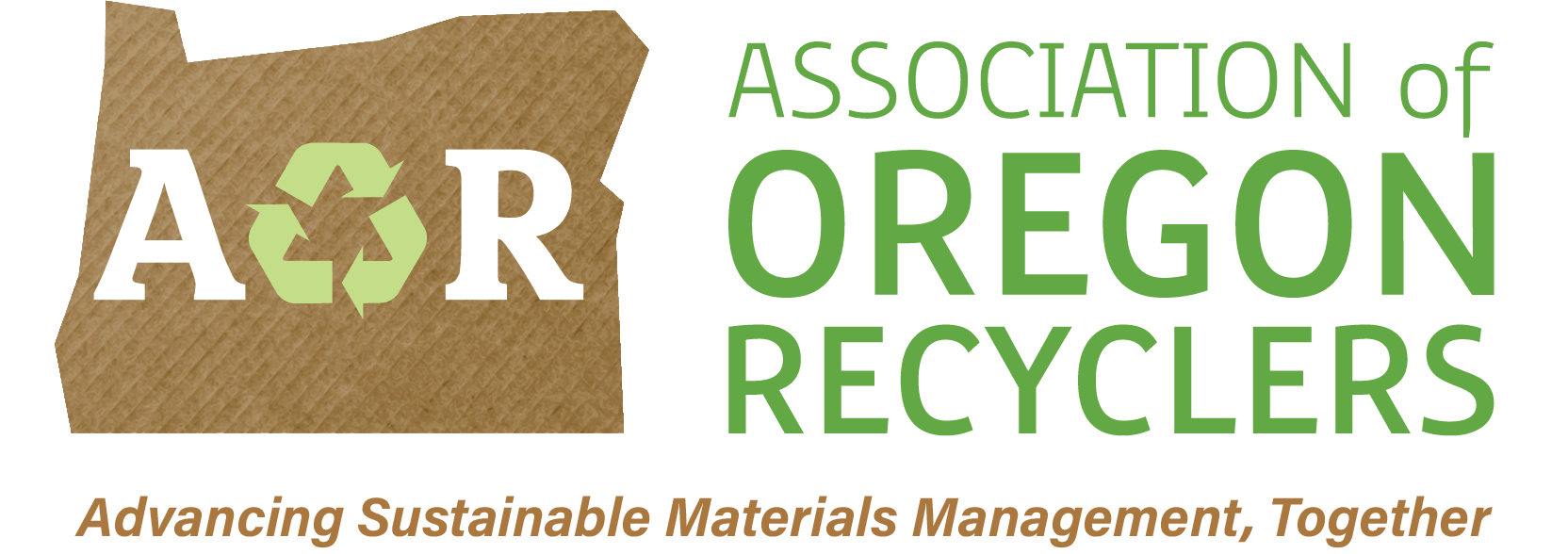Metro Council Adopts 2030 Regional Waste Plan
Metro Council voted to approve a plan that will shape the way greater Portland manages the garbage and recycling system for the next 12 years – including everything from the way products are made to how to shape jobs in the industry.
The 2030 Regional Waste Plan is the fourth such plan that Metro has crafted — a process it goes through roughly once a decade.
